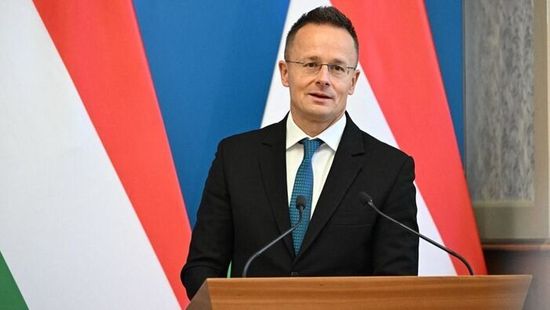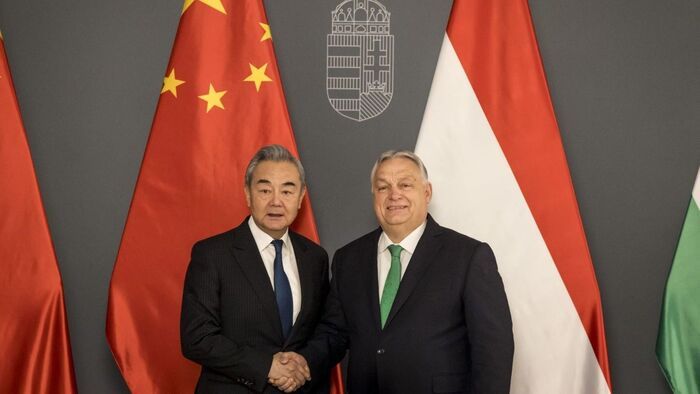A few weeks ago, The Wall Street Journal published a front-page article. The piece expressed shock at its conclusion: not enough children are being born, a problem partly attributed to the lack of adequate family policies in the United States - if such policies exist at all. However, this observation doesn't just apply to the U.S. According to United Nations statistics, Europe's population decreased during the COVID-19 pandemic and is on track to shrink by 40 million by 2050. The trend is hardly surprising: Hungary, often dismissed within the European Union, has been sounding the alarm for years. The continent has been aging steadily since the 1960s, and the trend has now accelerated. According to a previous article in the Hungarian Vilaggazdasag, only two European countries have truly recognized the urgency of the situation: Norway and Hungary. These nations spend more on family support than any others.
While the United States allocates just 1% of its GDP to family-related initiatives, such as tax credits for children and programs targeting low-income Americans, Hungary and Norway invest more than 3% of their GDP in programs designed to support families. In both nations, this expenditure exceeds what they spend on military development.
Europe is in trouble. The continent faces challenges beyond its declining birthrate, as its values, Christian culture and, in some member states, even the safety of its citizens are under threat. Even France, once a leader in family and population policy, has buckled under the weight of illegal migration, despite its earlier fertility rate exceeding two children per woman - partly bolstered by migration itself. Today, some member states report fertility rates below 1. This means that women of childbearing age in these regions are, on average, more likely to remain childless than to have children. Meanwhile, illegal immigrants are present in abundance. In some northern states, their numbers have grown so large that they are displacing the native population from their own neighborhoods. We all know the saying that there are no "no-go zones" in Sweden but, according to the newer version, there are entire "no-go cities."























Szóljon hozzá!
Jelenleg csak a hozzászólások egy kis részét látja. Hozzászóláshoz és a további kommentek megtekintéséhez lépjen be, vagy regisztráljon!